Get MYLO APP
Install Mylo app Now and unlock new features
💰 Extra 20% OFF on 1st purchase
🥗 Get Diet Chart for your little one
📈 Track your baby’s growth
👩⚕️ Get daily tips

OR


Article Continues below advertisement
In this Article
- What is HCG injection and its purpose?
- What you need to know about HCG injection & ovulation?
- How soon can you expect ovulation after HCG injection?
- Symptoms of ovulation after HCG injection
- 1. Increased cervical mucus
- 2. Mild pelvic pain or twinges
- 3. Breast tenderness
- 4. Increased sex drive
- 5. Light spotting or discharge
- When to see a doctor?
- Final Thoughts
- References
Ovulation
A Guide to Recognizing Symptoms of Ovulation After HCG Injection
Updated on 15 December 2023



Medically Reviewed by
Dr. Vani Puri
Obstetrician- Gynecologist, Infertility Specialist - MBBS| DGO, DNB
View Profile

For many women struggling with infertility, the journey towards conceiving a child can be challenging and overwhelming. Various medical interventions, such as HCG injections, are often used to stimulate ovulation and increase the chances of pregnancy. However, understanding the signs and symptoms of ovulation after HCG injection is crucial in optimizing the chances of conception.
In this article, we will explore the key indicators that can help women recognize when ovulation is occurring. Whether you are planning to undergo an HCG injection or have recently received one, this article will help you identify the signs and timeline of ovulation after HCG injection.
What is HCG injection and its purpose?
HCG (Human Chorionic Gonadotropin) injection is a hormone commonly used in fertility treatments. It is derived from the urine of pregnant women and is administered through an injection. The purpose of HCG injection is to stimulate ovulation in women who are undergoing fertility treatments or experiencing infertility issues.
Article continues below advertisment
When a woman is struggling to conceive, HCG injection can be a useful tool to trigger ovulation. Ovulation is the process in which the ovaries release an egg, which can then be fertilized by sperm. It helps to mimic the natural surge of luteinizing hormone (LH) that occurs just before ovulation, thus increasing the chances of successful conception.
What you need to know about HCG injection & ovulation?
HCG injection is typically given after a woman has undergone fertility treatments such as in vitro fertilization (IVF) or intrauterine insemination (IUI). The injection is usually administered when the eggs are mature and ready to be released. It stimulates the final maturation of the eggs and triggers their release from the ovaries. This process is known as ovulation.
It is important to note that HCG injection does not guarantee pregnancy. It simply enhances the chances of successful conception by ensuring that ovulation occurs at the optimal time. It is also crucial to follow your doctor's instructions regarding the timing of the injection to maximize its effectiveness.
How soon can you expect ovulation after HCG injection?
After receiving an HCG injection, ovulation typically occurs within 24 to 36 hours. This is the ideal time for intercourse or insemination, as the released eggs have a short lifespan of approximately 12 to 24 hours.
To accurately determine the timing of ovulation, your doctor may recommend monitoring your menstrual cycle through ultrasound scans and blood tests. These tests help to track the growth of follicles (fluid-filled sacs in the ovaries that contain the eggs) and the levels of hormones in your body.
Article continues below advertisment
It is important to keep in mind that every woman's body is unique, and the timing of ovulation may vary slightly from person to person. Your doctor will closely monitor your progress and provide guidance based on your individual circumstances.
Symptoms of ovulation after HCG injection
Recognizing the signs of ovulation after HCG injection can be helpful in determining the optimal time for trying to conceive. Here are some common signs to look out for:
1. Increased cervical mucus
Ovulation is often accompanied by an increase in cervical mucus. It becomes clear, slippery, and stretchy, resembling the consistency of raw egg whites. This type of mucus promotes sperm survival and mobility, making it easier for fertilization to occur.
2. Mild pelvic pain or twinges
Some women experience mild pelvic pain or twinges on one side of their lower abdomen during ovulation. This is known as mittelschmerz and is caused by the release of the egg from the ovary. The pain is usually brief and subsides within a few hours.
3. Breast tenderness
Hormonal changes during ovulation can lead to breast tenderness or sensitivity. This symptom may be mild or more pronounced, depending on the individual.
Article continues below advertisment
4. Increased sex drive
Some women experience an increased libido during ovulation. This heightened desire for sexual intimacy is believed to be nature's way of encouraging procreation.
5. Light spotting or discharge
A small amount of light spotting or discharge may be observed by some women during ovulation. This is usually nothing to be concerned about and is considered a normal occurrence.
It is important to note that these symptoms may vary from person to person, and not all women experience them.
When to see a doctor?
If you have been undergoing fertility treatments and have received HCG injection but are not experiencing any signs of ovulation after HCG injection or are unable to conceive, it is advisable to consult with your doctor. They can assess your individual situation, perform necessary tests, and provide guidance on further steps to take.
It is also important to seek medical attention if you experience severe or prolonged pain, abnormal bleeding, or any other concerning symptoms. Your doctor is the best person to provide you with accurate advice and address any concerns you may have.
Article continues below advertisment
Final Thoughts
Recognizing the symptoms of ovulation after HCG injection can be a valuable tool in maximizing your chances of conceiving. Remember that every woman's body is unique, and the presence or absence of symptoms does not necessarily indicate successful ovulation or conception. Regular communication with your healthcare provider is crucial throughout your fertility journey to ensure you receive the necessary guidance and support.
References
1. Fischer RA, Nakajima ST, Gibson M, Brumsted JR. (1993). Ovulation after intravenous and intramuscular human chorionic gonadotropin. Fertil Steril.
2. Järvelä IY, Tapanainen JS, Martikainen H. (2010). Improved pregnancy rate with administration of hCG after intrauterine insemination: a pilot study. Reprod Biol Endocrinol.
3. Liu TC, Ho CT, Li KP, Chang CC, Chan JP. (2019). Human chorionic gonadotropin (hCG)-induced ovulation occurs later but with equal occurrence in lactating dairy cows: comparing hCG and gonadotropin-releasing hormone protocols. J Reprod Dev.
Article continues below advertisment





Medically Reviewed by
Dr. Vani Puri
Obstetrician- Gynecologist, Infertility Specialist - MBBS| DGO, DNB
View Profile


Written by
Anupama Chadha
Anupama Chadha, born and raised in Delhi is a content writer who has written extensively for industries such as HR, Healthcare, Finance, Retail and Tech.
Read MoreGet baby's diet chart, and growth tips

Related Articles
RECENTLY PUBLISHED ARTICLES
our most recent articles
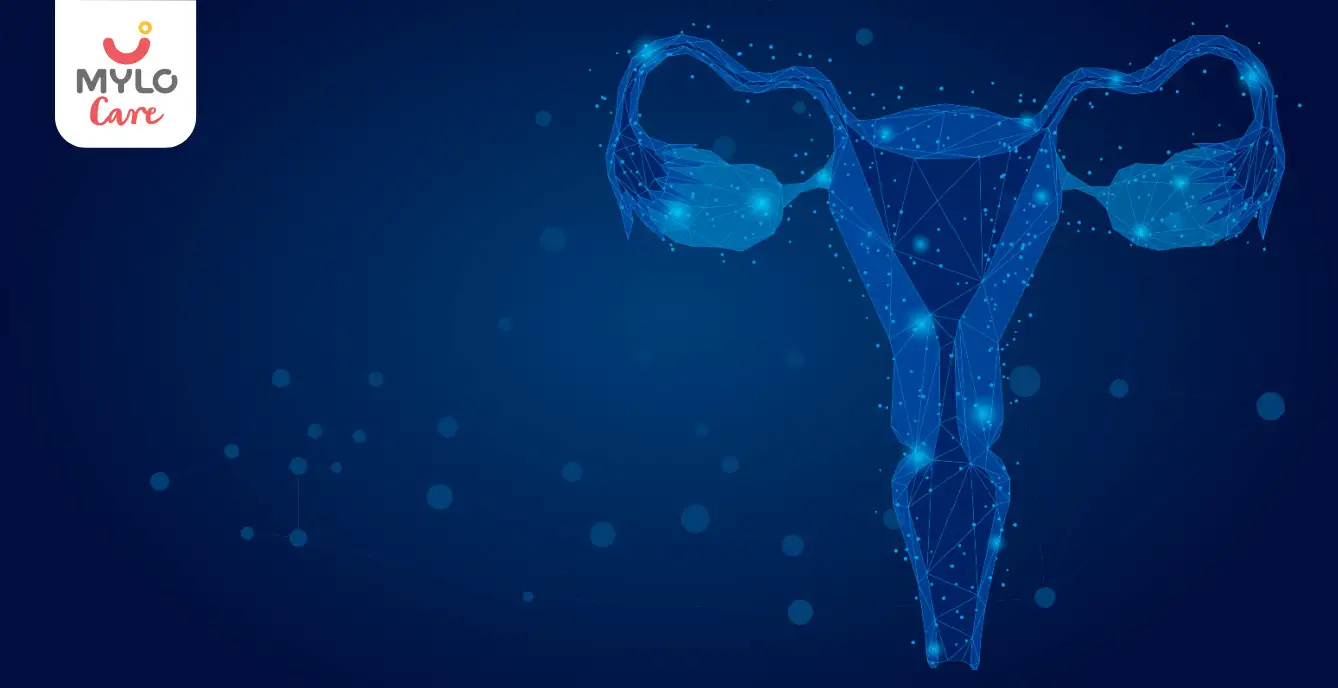
Ovaries
Bulky Ovaries Explained: What Every Woman Should Be Aware Of
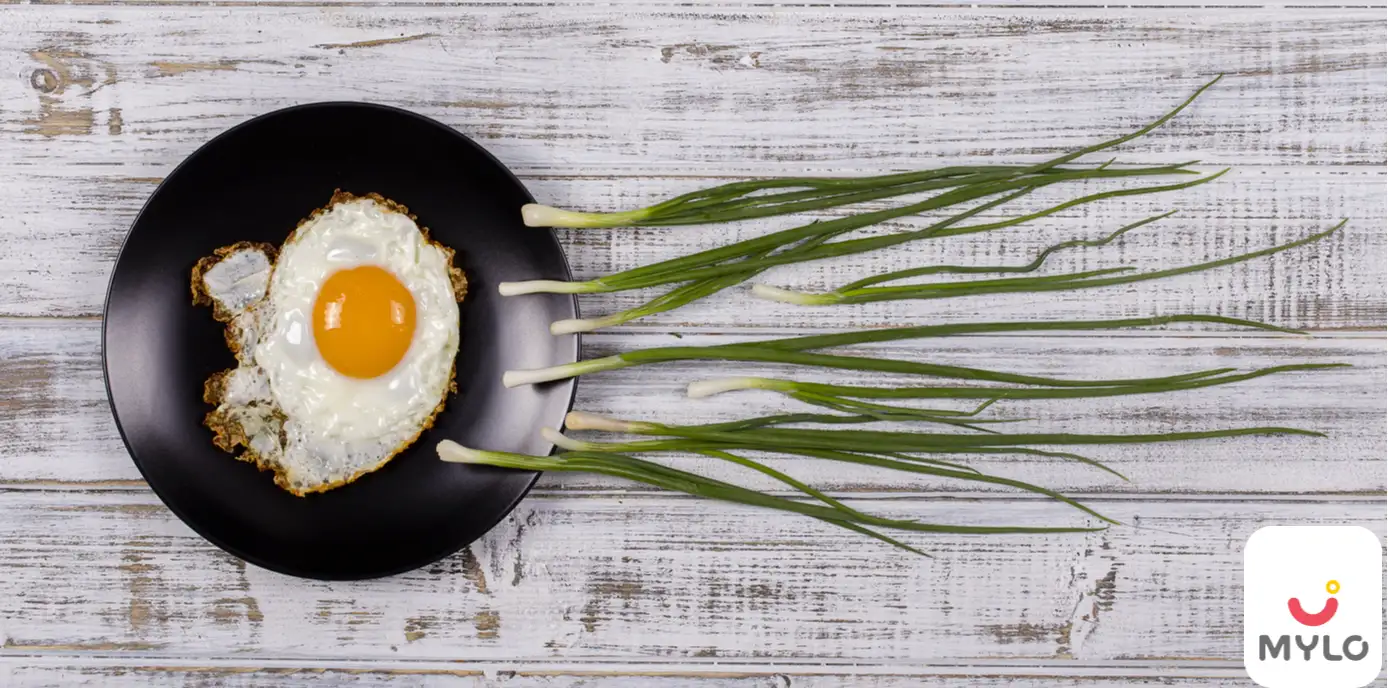
Getting Pregnant
Ovulation: The Key to Maximizing Your Chances of Conception and Pregnancy

Fun & Humour
The Ultimate Compilation of Fancy Dress Ideas for Young Kids
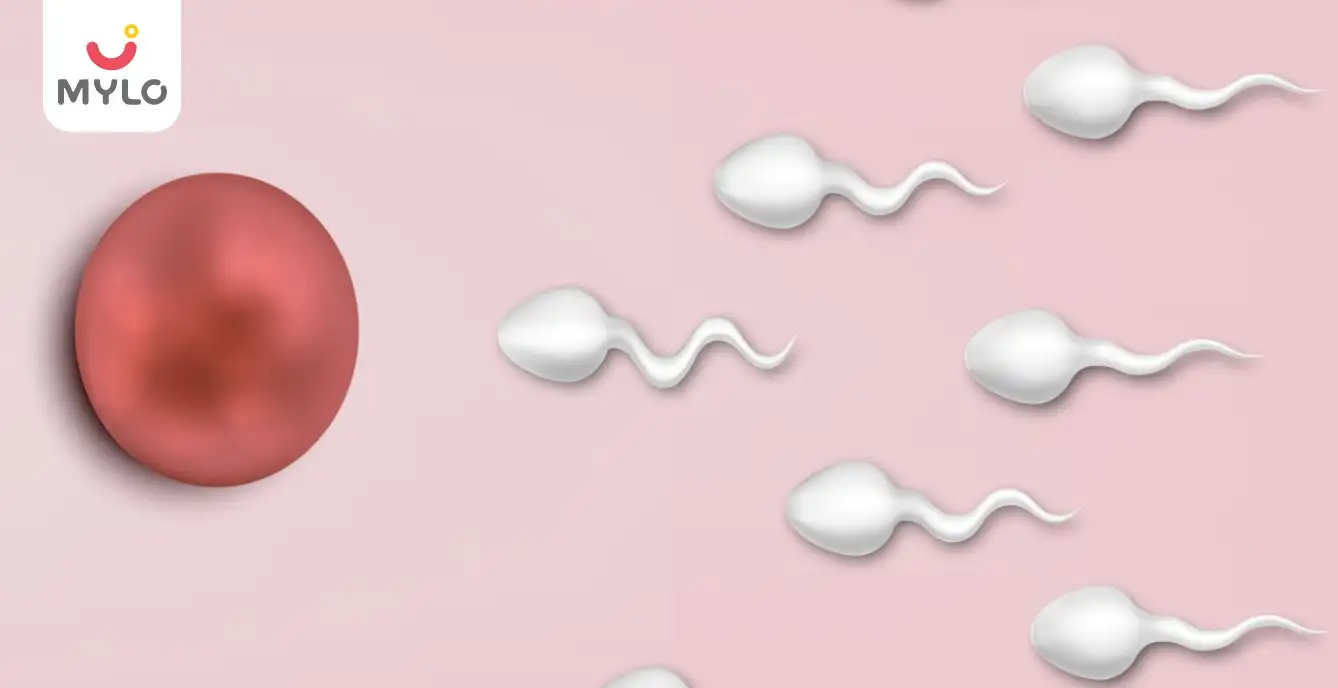
Conception
How Long Does Sperm Take to Reach the Egg?
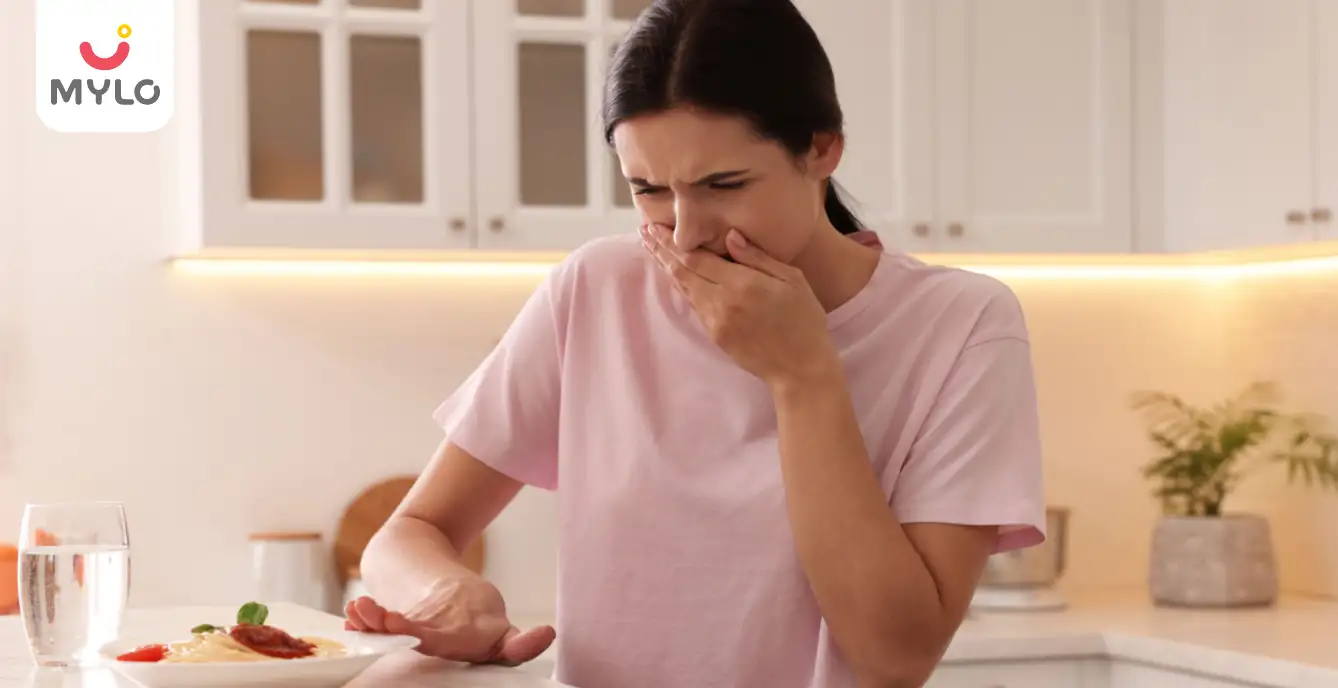
Ovulation
Pregnancy Symptoms After Ovulation Day by Day: Exploring the Daily Progression
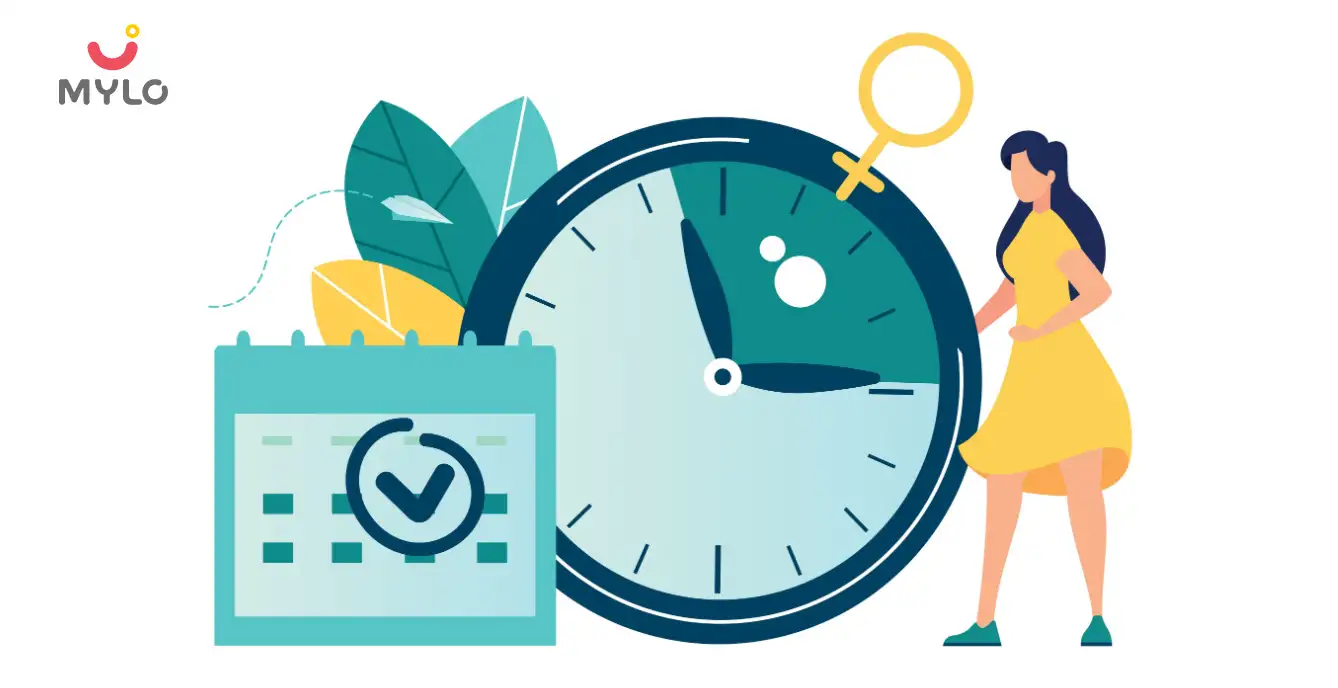
Ovulation
Signs Ovulation is Over: Your Guide to Understanding the End of Ovulation
- Top 15 Akbar and Birbal Stories for Young Kids
- How Soon After an Abortion Can You Get Pregnant?
- PCOS and Sex: Exploring Impact on Health and Debunking Common Myths
- Papaya for PCOS: Exploring the Link and How It Can Positively Impact Your Health
- How to Boost Fertility in Your 30s: The Ultimate Guide
- Anovulation Meaning Explained: What You Need to Know About Its Causes & Treatment
- Basal Body Temperature: How It Can Help You Track Ovulation?
- Ovulation Pain: Is It Normal or a Cause for Concern?
- Special Home Remedies For Gas During Pregnancy
- PCOD Problem After Marriage: Debunking Common Misconceptions and Finding Solutions
- White Discharge After Ovulation: A Normal Occurrence or Cause for Concern?
- Normal Ovary Size: How It Varies and What It Means for You
- 2024 Calendar with Holidays and Festivals of India
- After-Abortion Sex: A Guide to Physical and Emotional Wellness


AWARDS AND RECOGNITION
Mylo wins Forbes D2C Disruptor award
Mylo wins The Economic Times Promising Brands 2022
AS SEEN IN
















At Mylo, we help young parents raise happy and healthy families with our innovative new-age solutions:
- Mylo Care: Effective and science-backed personal care and wellness solutions for a joyful you.
- Mylo Baby: Science-backed, gentle and effective personal care & hygiene range for your little one.
- Mylo Community: Trusted and empathetic community of 10mn+ parents and experts.
Product Categories
baby carrier | baby soap | baby wipes | stretch marks cream | baby cream | baby shampoo | baby massage oil | baby hair oil | stretch marks oil | baby body wash | baby powder | baby lotion | diaper rash cream | newborn diapers | teether | baby kajal | baby diapers | cloth diapers |









